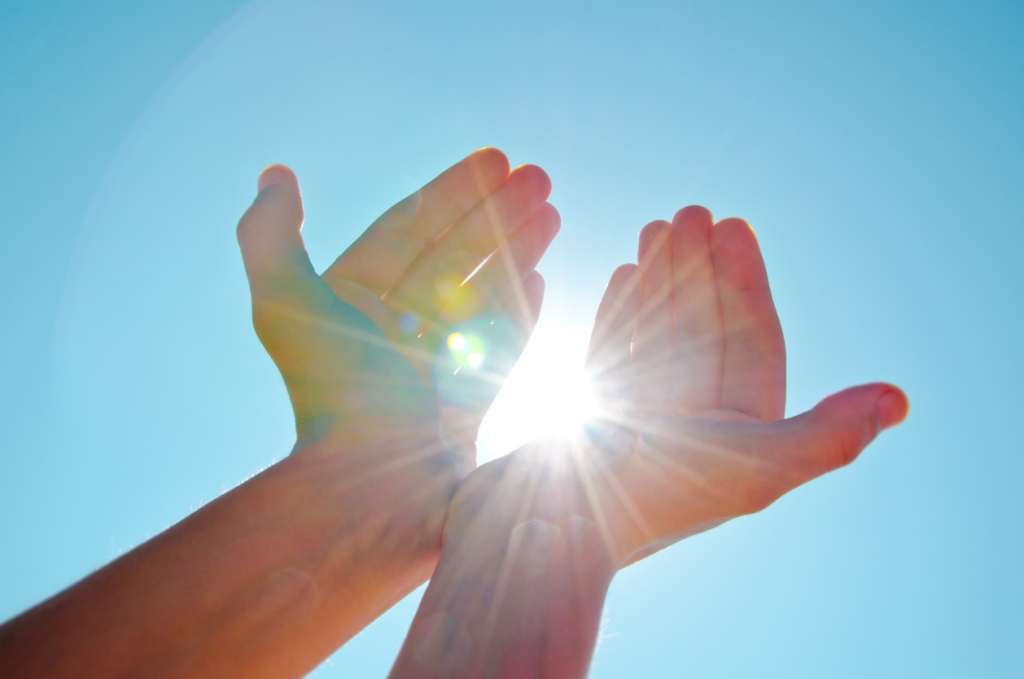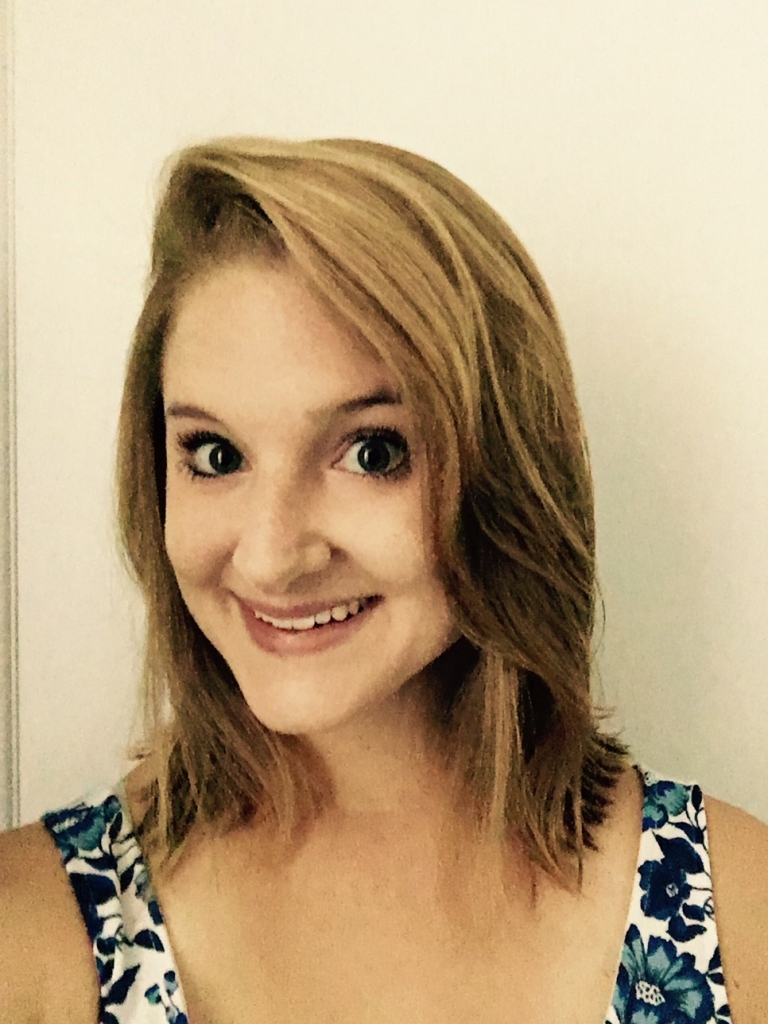 People always used to ask me, “When did your eating disorder first start?”
People always used to ask me, “When did your eating disorder first start?”
To be honest, I can’t truly answer that. Not because I don’t want to or I feel embarrassed about it – but because I honestly don’t know. I don’t have one defining incident or traumatic experience that triggered it all. My eating disorder developed slowly, like a blister in a shoe.
I had been a dancer for as long as I can remember, and being compared to other girls in leotards and tights with 360-degree mirrors was not the healthiest of environments. I began to latch onto the need to be thin. Calorie counting became my obsession. I was restricting what I ate to a dangerous level. At first, I didn’t think what I was doing was unhealthy. In fact, I thought I was being very healthy. The healthiest in fact. And I liked it.
As the years went on, I was eating less and less. My weight was plummeting and my vitals became unstable. My mom took me to see my Primary Care Physician when I was 16 years old and she diagnosed me with anorexia. Over the next six months, I spent two weeks in the hospital on bed rest, two weeks on Walden’s inpatient eating disorder unit and five months in outpatient care at a facility back home in New Hampshire. Looking back, these places helped save my life and I will be forever grateful for them. Through it all, I realized recovery was not, and rarely is a straight path. It has a million ups and downs and it’s a constant battle that I continue fighting for my mental and physical health.
Recovery has taught me countless valuable lessons, and one of the most important lessons is that ED is wrong. In fact, ED is very wrong.
Here are five specific lies that ED was telling me:
- “You do not deserve to eat.”
I used to go as long as I possibly could without eating. I would push myself until I felt physically ill. ED told me that if I ate when I wasn’t starving, I was giving into temptation and I was weak.
What I grew to realize was that eating actually made me strong. Everyone deserves to eat, no matter your weight, size or any other feature. Food is literally essential for life. It’s one of the first things you learn in biology class: your cells need fuel to function. Yet somehow I was convinced that that didn’t apply to me. ED had skewed this fact and led me to believe otherwise.
Through my recovery, I learned to love food. I know that sounds crazy – how can a recovered eating disorder patient love food? But I promise you, it’s true. I learned to put myself first, not ED.
I now know I’m worthy of eating. I’m worthy of having my own life. I’m worthy of becoming the person I want to be, and ED has no place in that story.
- “You are better than someone else if you can eat less than them”
This lie was one of my biggest challenges to overcome. I think it stems from the constant comparing I did to others during my time as a ballerina. I always had to be better and look better. I got my self-worth from knowing that I had eaten fewer calories than my friends or my parents at every meal. When I had to eat more, I would explode with panic.
Recovery taught me that everyone has different dietary needs and you should never compare what you’re eating to someone else’s meal. You have to do what you know is right for YOU and you alone. I know this is much easier said than done, but it can be done. It took me a lot of practice over the last nine years, but I’m now able to eat whatever I order or cook without comparing it to what others are consuming.
- “If you eat more than a certain amount, you have failed.”
The word failure comes up a lot with ED. For instance, if you don’t stick to your regimen, you failed. If you eat more than the day before, you failed. If you gain weight, you failed.
The truth is, none of these are failures – they’re actually successes. Counting calories is something that will always be difficult for me to move away from. It was drilled into my head for so long. But believe it or not, you can, in fact, eat something without knowing the numbers on the back of the packaging. Sounds insane right? Trust me, I get it. But you can. I now do it every day.
You shouldn’t let numbers control what you eat. You have to fuel your body with what it needs. Eating more than what ED has dictated to you as “safe” is not a failure. It’s a huge accomplishment. And one you should be proud of.
- “You look better when you’re thin.”
Here’s where an extremely distorted body image comes into play. I used to think that I was only pretty and succeeding if I weighed under an unhealthy amount that ED ambiguously set for me.
I’ll never forget one of the many times my dad helped me during my recovery by putting cardboard on my mirror until I was strong enough to understand that everyone is beautiful if they are taking care of themselves body, mind and spirit. I now understand that I’m worthy of being healthy and I don’t ever want to go back to “looking sick.”
- “If you don’t do what ED says, bad things will happen to you.”
I used to do everything ED told me to do, and I mean everything. I developed OCD during part of my recovery. I had to do all of my daily tasks in the exact same order with the exact same number of steps and movements or I thought the world would fall apart.
Through recovery, I’ve learned to love the unknown. Now I’m braver – I can take on anything without being 100% sure of the outcome. And I know one thing for sure – nothing bad is going to happen to you if you don’t obey ED. In fact, only good things will happen to you if you go your own route.
It took me years to really feel comfortable living without rigid rules, but I did it. And it’s been the most freeing experience you can imagine.
Recovery is not fast or easy or simple, but it happens. And when it does, you’ll know it. You’ll know it because it’s the single greatest feeling in the world to know you saved your own life and now you get to live it.
If you – or a loved one – are seeking support and recovery from your ED, know there are many resources out there.
####
Caroline Booth is a 26 year-old woman who lives and works in Boston. She has been happily recovered for many years and is looking forward to helping others through their struggles.






